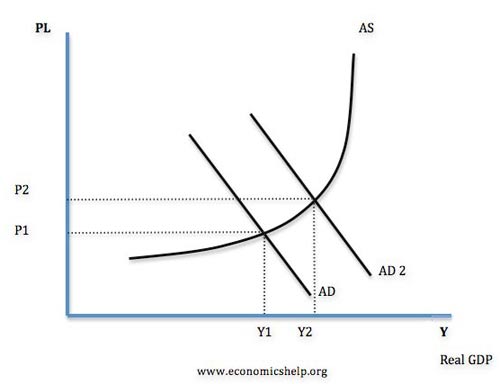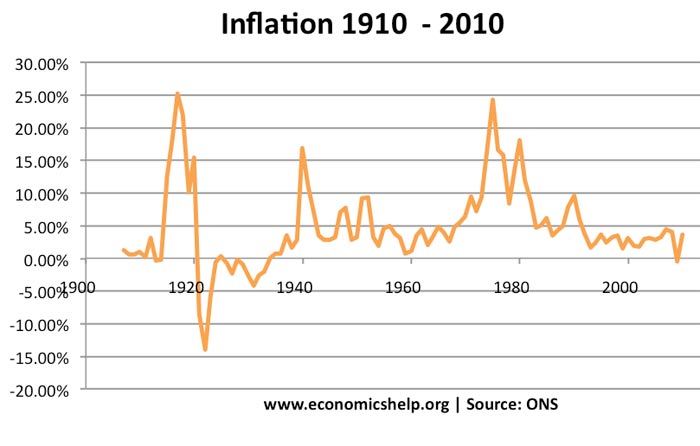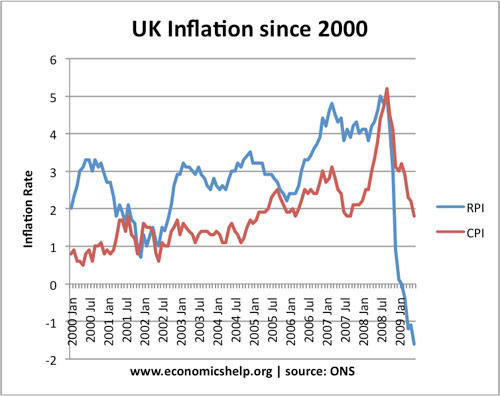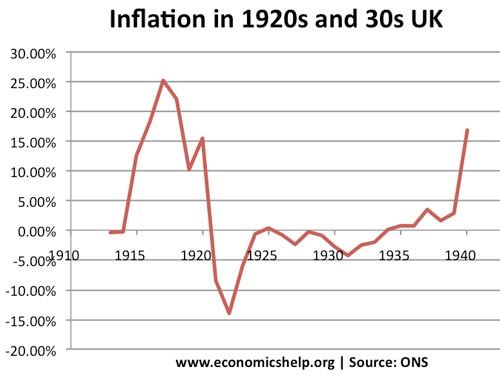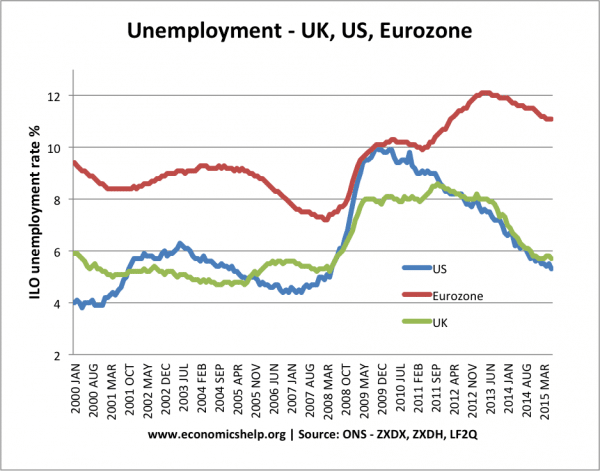Readers Question. What is economic welfare? can you please elaborate on how it affects an economy?
Definition of economic welfare: The level of prosperity and quality of living standards in an economy. Economic can be measured through a variety of factors such as GDP and other indicators which reflect welfare of the population (such as literacy, number of doctors, levels of pollution e.t.c)
Economic welfare is a general concept which doesn’t lend to easy definition. Basically, it refers to how well people are doing. Economic welfare is usually measured in terms of Real Income, real GDP. An increase in Real Output and real incomes suggests people are better off and therefore there is an increase in economic welfare.
However, economic welfare will be concerned with more than just levels of income. For example, people’s living standards are also influenced by factors such as levels of congestion and pollution. These quality of life factors are important in determining economic welfare.
Economic Welfare and Utility
Economics is concerned with ideas of utility. Utility represents the satisfaction / happiness of a consumer. For example, if you are willing to pay £10 for a CD, then presumably you get a utility of at least £10 worth from the good.
Welfare Economics
This is a branch of economics devoted to determining the optimal allocation of resources in society. It is concerned with allocative efficiency and social efficiency.
Measure of economic welfare (MEW)
This was developed in 1972 as an alternative to GDP. It was developed by William Nordhaus and James Tobin. (Nordhaus, WD and Tobin, J (1972) Is Growth Obsolete?
It adjusts the measure of total national output, to include only items that help improve economic well-being.
In addition to GNP the MEW includes:
- The value of leisure time enjoyed by citizens.
- Value of unpaid work
- Economic output in the underground economy (not measured by official GDP statistics)
The MEW also excludes factors which reduce economic welfare, such as
- Environmental damage
It is also known as net economic welfare (NEW) (Samuelson and Nordhaus, 1992).
Issues of Economic welfare can be explored by looking at these issues.


